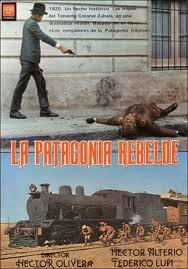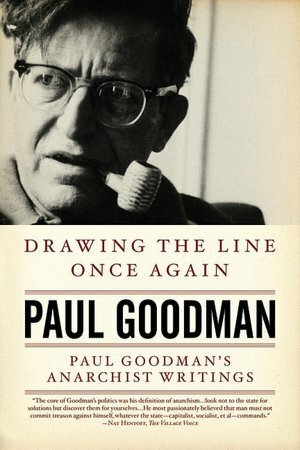Archive | Anarchism RSS feed for this section
The Democracy Project: A History, a Crisis, a Movement by David Graeber

In keeping with the grand tradition of the Occupy movement(s), and the manner in which David Graeber captures this same spirit in , I would like to begin this review by, first and foremost, delegitimizing the predominate, oppressive arguments about the book that seem to permeate pre-existing reviews. That is, as exemplified by John Kamphner’s […]
Continue reading...Eyes To The South French Anarchists and Algeria by David Porter and Decolonizing Anarchism by Maia Ramnath
9. April 2013

Is Anarchism viable or relevant in relation to a nationalist struggle, to the outgunned battling under a colonial rule? Through the filter of Anarchism, by definition alone, nationalist resistance could be deemed anathema to the very core principals of libertarianism. David Porter and Maia Ramnath offer two perspectives on how the anarchist relates to, critiques, […]
Continue reading...Friendship as a Way of Life: Foucault, AIDS and the Politics of Shared Estrangement
16. July 2012
Comments Off
Friendship as a Way of Life is a pulsing and intriguing volume. While some of the early chapters stumble through cumbersome academic prose and well rehearsed critiques of identity based social movements, the work eventually finds its stride as a conversation about friendship, queer activism, and Michel Foucault. The theme takes shape through a number of late interviews and lectures with the philosopher. The work’s title refers to a 1981 interview of Michel Foucault in the gay magazine Le Gay Pied.
Continue reading...Save the Humans: Common Preservation in Action
19. February 2012
0 Comments

November 14, 2011, Jeremy Brecher delivered a talk at the CUNY Graduate Center entitled, “What the 99-Percenters Learn from the History of Social Movements.” Marina Sitrin, a friend who’s organizing links the global justice movement with Occupy Wall Street (OWS), had sent out an invitation.
Continue reading...Revolt!: The Next Great Transformation from Kleptocracy Capitalism to Libertarian Socialism through Counter Ideology, Societal Education, & Direct Action
10. February 2012
Comments Off

What is most interesting about John Asimakopoulos’s Revolt! is its intended audience.
Continue reading...The CNT in the Spanish Revolution, Volume 1
7. January 2012
Comments Off

The Spanish anarchist movement and revolution of the late 1930s are undoubtedly the historical force and context most praised by Western anarchists. In absolute numbers, in proportion of the overall population they were part of, and in the radical transformation they accomplished in much of Spanish society, the reputation is well deserved.
Continue reading...3 Anarchist Rebellions on Film
6. January 2012
Comments Off

Hundreds of films take on anarchist themes in some manner, but only a handful deal with anarchist governance. Three of the most interesting of these are, Alexander the Great (Megalexandros, 1980, Greek), Viva Zapata! (1952, United States), and Rebellion in Patagonia (La Patagonia Rebelde, 1974, Argentina).
Continue reading...Drawing The Line Once Again: Paul Goodman’s Anarchist Writings
6. January 2012
Comments Off

While relatively unknown today, Paul Goodman was one of the most influential thinkers of the 20th century. In books like Growing Up Absurd, published in 1960, Goodman captured the zeitgeist of his era, catapulting himself to the forefront of American intellectual life
Continue reading...
6. June 2013
0 Comments